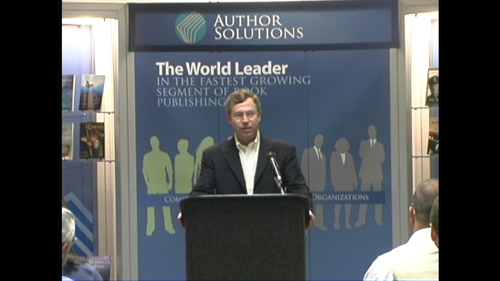
Bir Zamanlar, the power of an author was not solely dependent on the strength of her words to inspire the human spirit. A conflict which made her talent powerless was the likelihood of discoverability. Then along came a knight in shining armor called technology. Technology innovated the way her words were written, produced, marketed and even enjoyed. Perhaps most important of all, technology handed the author the power (should she choose) to control the destiny of her words.
Penguin (owned by the global media company, Pearson plc) is part of one the world’s big six traditional publishers. Yazar Solutions Inc. is the world’s leading provider of self-publishing services (the company has published 190,000 books by 150,000 yazarlar). When Penguin embraced self-publishing by acquiring ASI this July, publishing industry experts scrambled to their technology platforms to debate what it all meant. I asked Kevin Weiss, President and CEO of Author Solutions, to discuss the Penguin union and in particular, what it might mean for the power of an author.
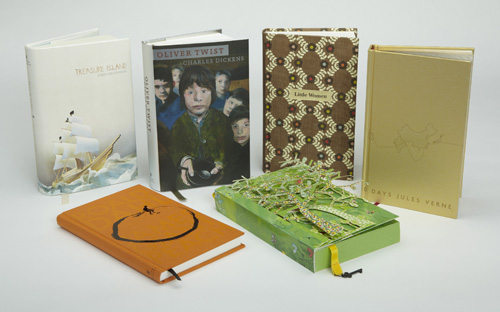
What brought Penguin and Author Solutions together? What synergies were seen?
Traditional publishers have been watching the fast changing developments in the publishing landscape. Four or five years ago self-publishing was a very dirty word. I tell my staff that I could pick a fight on any street corner because of where I worked. Today I can’t do that because self-publishing has gone mainstream.
The time was right for us to look for a new parent. We are thrilled that Penguin made the decision to embrace us because we believe we are now a significant part of the publishing industry. We don’t do what Penguin does in terms of curation and aggressive distribution of content. Ancak, we do things that they do not do. We build platforms for authors and we can build them at a lightning pace compared to the pace of a traditional publishing company. I think Penguin saw those services as important in terms of how their business model will transform moving forward.
Author Solutions sees the Penguin process as one we can continue to learn from. Örneğin, three years ago we made the decision to take our business model to traditional publishers such as Harlequin and Thomas Nelson. Thomas Nelson embraced our model (in WestBow Press — a Christian self-publishing imprint) and it has been a very successful imprint for them. Compared to our own self-publishing imprints such as AuthorHouse and iUniverse, partner imprints like Westbow Press give authors unique access to services not available on other imprints and the parent watches the titles for potential pick up. Aslında, Westbow Press has had five titles picked up by traditional publishers and only three of them have been by Thomas Nelson. Based on that example and other successful imprint models, we believe that traditional publishing will continue to be a part of what we are doing.
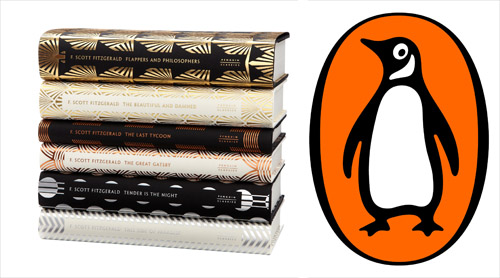
The number of manuscript submissions to Penguin must run into 5 figures each year. Only a small percentage of those submissions ever get published. Did you see an opportunity to convert rejected authors into self-published authors?
We are very careful not to redirect unsolicited manuscripts. Over time we may have to think about whether there is a way to help authors with rejected manuscripts find another route to develop them. Penguin has been trying to do something like that with Book Country (on-line writing community owned by Penguin). At Author Solutions, we are developing an early warning system for self-published authors that are doing well so that we can share that information with our parent. We will only do this for authors published by our owned and operated imprints. Our partner imprints will be off-limits to our parent.
Recently an author in the WestBow Press imprint got picked up by another traditional publisher — not Thomas Nelson. Regardless of who issues the contract, I think it’s a good thing for indie authors when they are discovered.
Author Solutions has a global network of POD printers and distributors. You also have a great deal of expertise and resources in the digitization of books. Did you see operational synergies here?
I think Penguin is moving into the POD business strategically with their backlist titles. I think our experience in this area will be beneficial to them. We are currently one of the largest global companies in POD in terms of the number of books we handle. We also have published more than 100,000 e-book titles so we believe our experience in digital will also be an asset. One other thing that is exciting to me is that we will have access to great in house designers at Penguin. Our team is looking forward to learning from them.
When will print on demand reach cost parity with offset printing?
It is getting there. HP just came out with some incredible new printers. Costs are coming down dramatically. I’m not sure if or when POD will reach cost parity with the bigger offset runs, but with shorter runs, we are not far away from being comparable to offset.
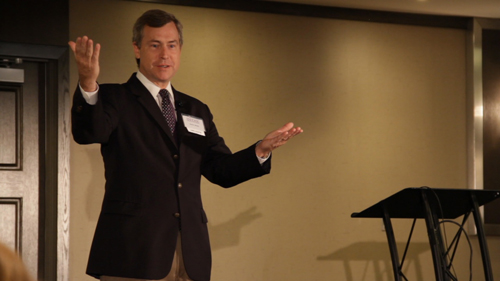
Would you say five years time?
I’d say maybe even less.
Once that happens would you agree the risk would be significantly lowered for authors who want to take the plunge and self-publish?
Evet, but of course there’s a tremendous amount of work that goes into making a successful book such as editing, cover and interior designs, and marketing and promotion. I think in the future the traditional publishers are going to become far more transparent with authors about what they can and cannot do. At that point it will be time for authors (especially up and coming authors) to understand how things work. Instead of thinking they have a publishing contract so they don’t have to do anything, they will understand that from an economic standpoint, that just isn’t the case.
Author Solutions hopes to work with Penguin in the same way we work with our other traditional publishers. We do a tremendous amount of data analytics in our business. This enables us to see where books are being sold so that we can explore new opportunities for authors. We hope we’ll be able to assist authors in terms of building their platforms through the services we offer. Once an author has built a large following, the publisher is able to make a greater investment in terms of marketing the author’s book.
Any new predictions on market share for physical books versus e-books going forward?
ASI has not seen a decline in our physical books in the retail channel. We’ve seen a rapid growth in the units we have that are digital. I know that traditional publishing has seen a lot of pressure on hard cover but at the same time e-books have grown. What’s interesting to me is that although e-books are still growing, they now appear to be growing at a slower rate. This is despite the fact that tablets continue to grow. I don’t have a crystal ball so I can’t tell you at this point if e-books are going to be 30%, 40% veya 50% of the market.
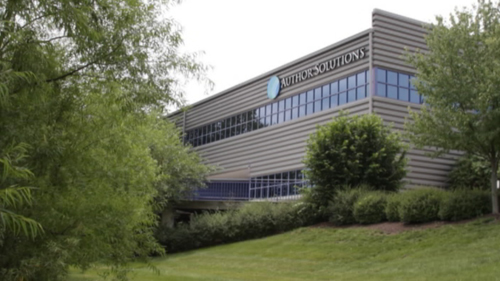
Why should an author publish for a fee when he/she can publish for free?
There are a lot of free services in the marketplace. ASI has a free service (Booktango) and I think we’ve got one of the best platforms in free publishing. The tools are fairly good in the marketplace for free publishing because they’re easy, the process is fast, onu çevrimiçi, and so why would somebody spend $1500 to publish their book when they can do it for free? The primary reason is our focus on quality. We work with authors to make each book the best that it can be. We are there for authors 24x7x365. We are a one-stop shop for all of the services needed to make your book successful in the marketplace. In the free publishing space, there is still work to be done to increase the depth and quality of the offerings. We have years of book publishing experience and we are working to embed that experience in our Booktango offering, but one thing that we do offer are the highest royalties in the industry with the broadest distribution network of any of our competitors. As I’ve said before, it’s the best time ever to be an author. Authors are able to do a tremendous amount of research on the publishing process and make choices depending on the goals they want to achieve.
Will ASI be developing partnerships with other traditional publishers going forward?
During our discussions with Penguin, it was important to us that we were able to continue to expand our partnerships with other publishers. Penguin was emphatic that we do this. I was an IBM sales rep when IBM announced the PC in 1981. O zaman, many believed that PC’s had no future as business tools. We know now that not only did PC’s have a future, but the innovation and adjacent product lines that followed were unbelievable. In five years time, when people look back on what we’ve done with Penguin, I believe they’ll see this as a watershed moment – this will be the moment traditional publishers and Penguin in particular recognized that self-publishing is a real and a vital part of the industry.

Photos courtesy of Penguin Group (a division of Pearson plc) and Author Solutions Inc.
Nasıl Oku Will? Topluluk Sayfa
We Will oku nasıl daha fazla? mal: buraya tıklayın
C. M. Rubin o aldığı için iki çok okunan çevrimiçi serisinin yazarı 2011 Upton Sinclair ödülü, “Eğitim Global Arama” ve “Nasıl Oku Will?” O da üç çok satan kitapların yazarı, Dahil Harikalar Gerçek Alice.

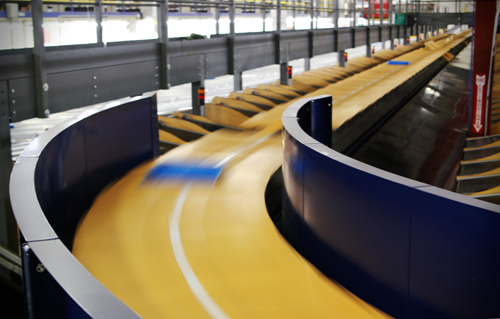
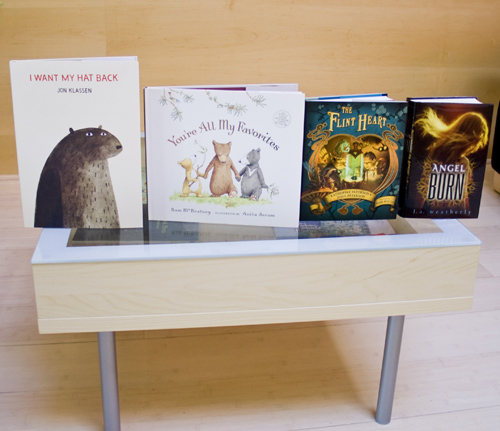

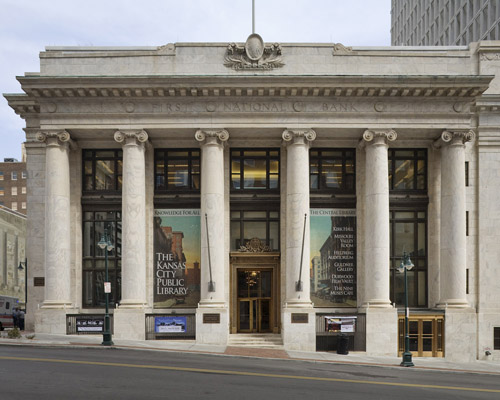
Son Yorumlar